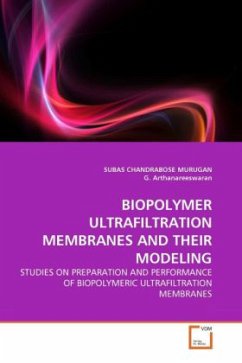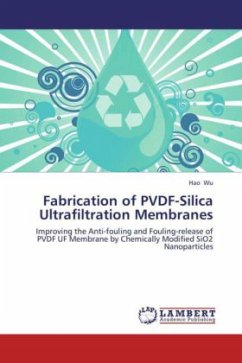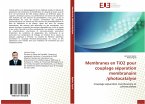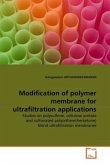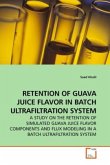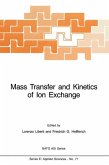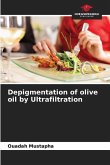Chemical processes, in general, can be regarded as a sequence of a pretreatment step, a reaction step and a separation step, transforming the incoming raw materials (input) into the desired products (output). This transformation requires energy. Besides the desired product, often undesired byproducts or waste products will also be produced. Engineering of chemical processes is more and more carried out in the framework of the minimization of energy consumption and waste disposal. To fulfill the tasks of diminishing energy consumption and minimization of waste, modular, energy efficient and highly selective separation techniques are required. During the last three decades, the membrane processing technique has emerged as a separation process which is competitive in many ways with conventional separation techniques, such as distillation, fractionation, adsorption, absorption, extraction etc. Membrane separation technology, in its modern incarnation, is energy efficient and highly adaptive for a wide range of applications stemming from the development of new polymers or modifications of the existing polymers as membrane material.
Bitte wählen Sie Ihr Anliegen aus.
Rechnungen
Retourenschein anfordern
Bestellstatus
Storno

